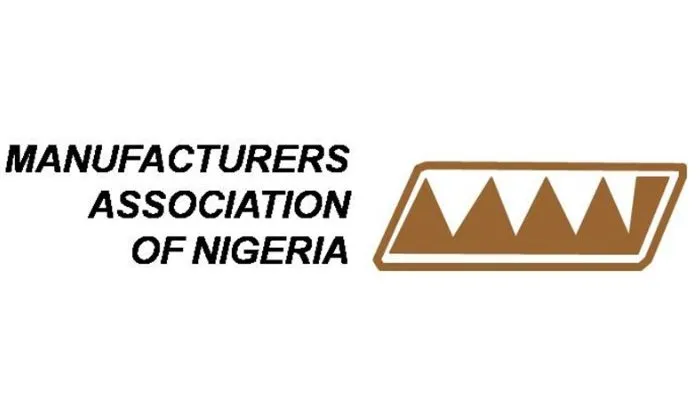In response to unreliable grid power and rising prices of diesel and petrol, manufacturers’ total expenditure on alternative energy sources surged to N1.11 trillion in 2024.
This marks a 42.3 per cent increase from N778.68 billion in 2023. The Manufacturers Association of Nigeria (MAN) disclosed this information in its H2 2024 Economic Review released yesterday.
On a half-year basis, manufacturers spent N450.80 billion in H1 2024, which increased by 75.0 per cent to N790.07 billion in H2 2024. The Food, Beverage, and Tobacco sector recorded N474.41 billion in alternative energy spending, up from N354.76 billion in 2023. Meanwhile, costs in the Chemical and Pharmaceutical sectors doubled, reaching N284.68 billion. The Non-Metallic Mineral Products sector saw energy costs rise by 33.7 per cent to N138.49 billion, while the Textile, Apparel, and Footwear industry experienced a fourfold increase, reaching N26.45 billion in 2024 compared to N6.97 billion in 2023.
MAN stated that “the electricity supply situation for industries improved in 2024, with average daily supply increasing to 13.3 hours per day, up from 10.6 hours in 2023. On a half-year basis, electricity supply rose from 11.4 hours per day in H1 2024 to 15.2 hours in H2 2024.”
“However, electricity tariffs surged by over 200 per cent for Band A consumers, significantly raising manufacturing costs. While power availability improved, many manufacturers still faced frequent outages, with the country witnessing 12 national grid collapses, which remains a major concern.”
Regarding capacity utilization, the report indicated that “Nigeria’s manufacturing sector improved marginally to 57.0 per cent in 2024, up from 55.1 per cent in 2023. A half-year analysis showed a 1.2 percentage point increase in H2 2024 compared to H1 2024.”
The report noted that persistent challenges, such as rising energy costs, foreign exchange volatility, and high-interest rates, constrained further growth. Sectoral analysis revealed that the Non-Metallic Mineral Products, Motor Vehicle and Miscellaneous Assembly, and Chemical and Pharmaceuticals sectors experienced the highest improvements.
The director-general, MAN, Segun Ajayi-Kadir, stated that the Nigerian manufacturing sector faced significant hurdles in 2024, including high inflation, foreign exchange volatility, surging production costs, and declining consumer demand.
He emphasised that “while some resilience was observed in sectoral performance and increased local sourcing of raw materials, real output remained subdued. Going forward, stabilizing macroeconomic conditions, improving energy supply, and ensuring access to affordable financing will be critical for sustaining growth and enhancing industrial productivity.”
The President of the Lagos Chamber of Commerce and Industry, Gabriel Idahosa, remarked that “Micro, Small, and Medium Enterprises (MSMEs) are grappling with severe operational challenges, including insecurity and unreliable power supply. Small businesses continue to struggle with poor power supply and high electricity tariffs.”
Idahosa highlighted the additional complications caused by unresolved meter-related issues, including unrefunded payments for meters that are now supposed to be free and uncredited balances during meter transitions, stating that “many MSMEs have shut down or reduced their staff strength due to rising materials and energy costs.”
He called on the relevant authorities for immediate government intervention through electricity subsidies, proper refund mechanisms, and regulatory clarity on energy billing to protect the backbone of Nigeria’s economy.





